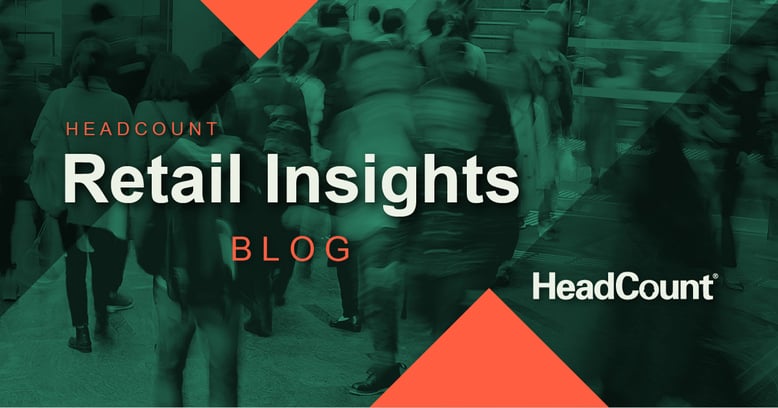Traffic vs. Transactions: Even Wall Street Seems Confused
Have you ever listened to quarterly earnings with retailers and heard them explain sales slumps by a fall in foot traffic? The problem is...some of those retailers don't even track traffic and are using transactions as a proxy. So their answer translates to: "Sales are down because sales are down".
So...how about you?
How would you describe a sales slump? Would you refer to traffic or the store 'busy-ness'. Do you track traffic in all your stores?
Retail analysts are paid to understand the retail chains intimately. They need to look beyond the financial results and dig deeper into what’s driving performance and what the chain’s prospects are, so that they can advise their clients to buy, hold, or sell the retailer’s stock.
If you’ve ever followed publicly traded companies, you’ll appreciate just how important these analysts’ reports can be. An unflattering report can have a significantly negative impact on the company’s stock price.
In conjunction with the earnings call, the presenting company will typically release a wave of detailed support information including press releases, presentations and financial reports to provide context.
However, all too often, there is no reference to traffic or customer conversion.
Years ago when HeadCount CEO and Founder Mark Ryski was researching his book Conversion: The Last Great Retail Metric, he analyzed public disclosures of more than 140 brick-and-mortar stores on the New York Stock Exchange, NASDAQ and the Toronto Stock Exchange to see if he could find any references to either traffic and or customer conversion.
He found that 'traffic' was cited by just 61% of these retailers in their disclosures. Since retailers often use transactions as a proxy for traffic, likely less than 61% actually are referring to foot traffic counts. Worse — only 6% of retailers mentioned customer conversion as a metric.
When Ryski repeated the study a few years later with the same 140 retailers, percentages were up, but not by much: 69% of retailers referenced 'traffic' and 14% referenced 'conversion'.
Mark Ryski:
I was so intrigued by the findings that I set out to talk to a Wall Street analyst to get some additional explanation. My first attempts at finding an analyst willing to talk didn’t pan out, but then I got a nibble. This particular retail stock analyst agreed to speak with me but only “off the record.” I quickly agreed, and a call was scheduled.
In particular, there were three questions to which I wanted answers:
(1) Why does the industry tolerate transactions as a proxy for traffic, when they are not at all the same?
(2) Why don’t more retailers track store traffic and customer conversion in their stores?
(3) For an analyst trying to understand a retail chain’s performance, wouldn’t traffic and customer conversion data be especially helpful?
Mark Ryski: I see that you track the retailer XYZ Inc.…you probably noticed that they just sent out an earnings guidance press release about Q4 sales…they said that “due to lower traffic in their stores,” they expect sales to be down. Did you see it?
Wall Street Analyst: Yes, of course I saw it, I cover the stock.
Mark Ryski: Well, I happen to know that this chain doesn’t actually track store traffic, so what do you think they meant by “traffic?”
Wall Street Analyst: Clearly they’re using sales transactions as a proxy for traffic.
Mark Ryski: Yes, I agree. They are using transactions as a proxy for traffic, so really all they are saying here is that because the number of sales are down, they expect sales to be down… as a stock analyst, what does this tell you about their performance? Is this a meaningful insight?
After what seemed to be an uncomfortably long, awkward silence, the analyst finally spoke.
Wall Street Analyst: Yes, I see your point.
Without traffic data, you can't possibly measure your actual sales opportunity in your stores and you can't measure how effectively your store teams sell using conversion rates.
What could be more important than measures of sales opportunity and conversion?
What Mark Ryski discovered on his call was that retailers were missing the boat on customer conversion because they just weren’t measuring it. And it seems the industry, including stock analysts, had become so accustomed to retailers using transactions as a proxy for traffic, they just accepted it.
What does this Wall Street example mean to you as a retailer?
The important question is "are you missing the boat"? Do you and your team truly understand how well your stores are performing and where they are missing sales using real traffic 'opportunity' data and conversion 'sales success' metrics. Or...are you using shortcuts?
To improve your sales, you need to understand what lever to pull. Traffic and customer conversion help you do that.
